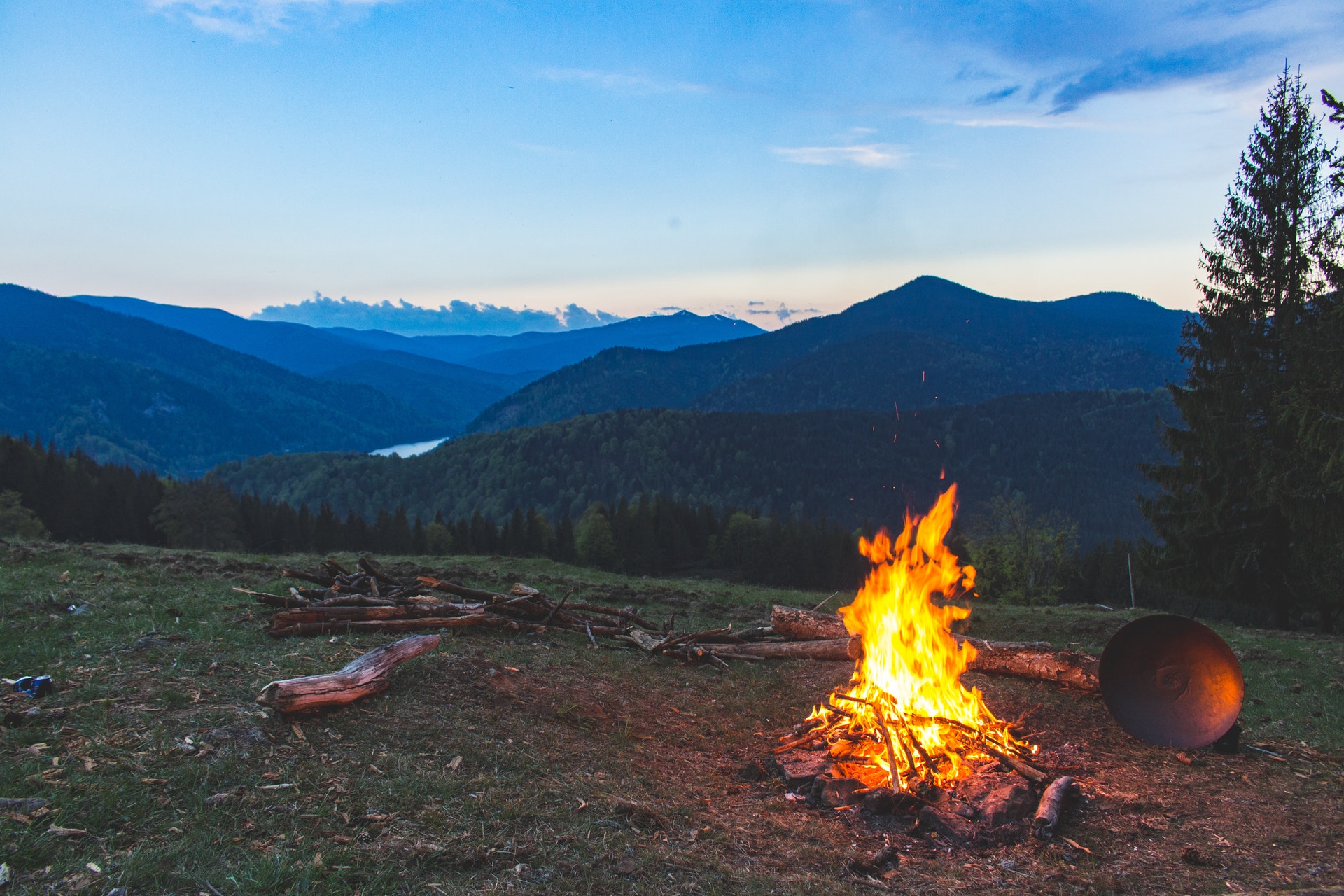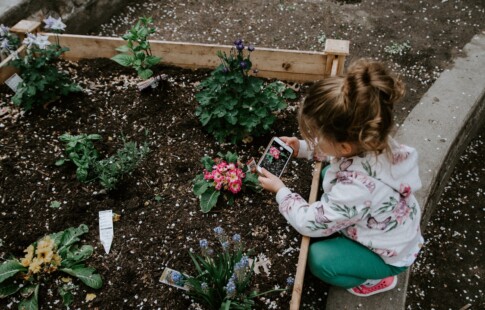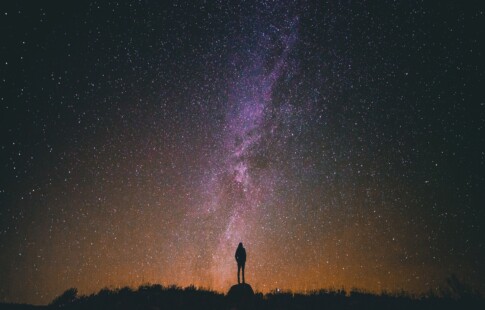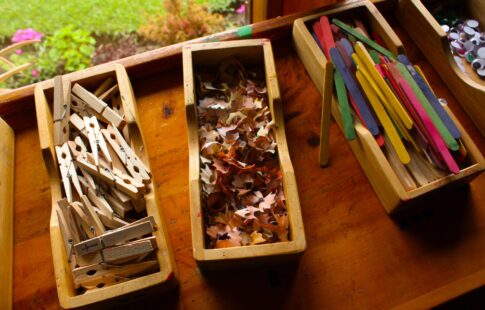
8 Novice Camper Tips for Your Next Getaway
We are reader-supported. When you buy through links on our site, we may earn affiliate commission.
Here in Inflation Land, camping might offer your best bet at a summer getaway that won’t break the bank. However, there’s much more to the art than throwing a tent in the family truckster and hitting the open road searching for adventure.
If you want to enjoy your trip and stay safe, you need the right know-how and gear. Here are eight novice camper tips for your next getaway.
1. Take More Water Than You Think You’ll Need
You can’t count on finding potable water, even in wetlands. Take more water than you think you’ll need. You won’t only need it for drinking — it comes in handy for handwashing and cleaning up after dinner.
How can you calculate what each person needs on a hike? Calculate two cups for each hour on the trail. Adjust this figure based on your hike’s length, considering factors like weather conditions and your hydration level — you’ll need more if you drank too much alcohol around the campfire the night before.
What about the rest? It’s always smart to keep a 5-gallon container in your vehicle if your radiator springs a leak. You’ll also need some for washing your hands before meals and washing up any plates and flatware you use.
Pro-tip: Carry a water filtration straw with you. You can pick these gadgets up for less than $20 at most outfitters. They’ll make water from that nearby stream safe to drink without requiring you to boil it.
2. Find Waterproof Fire-Starters
The best part of camping is sitting around the campfire. You won’t get to experience the joy with soggy matches.
The best fire-starting kits consist of flint and a blade to make a spark. You can drop them in a stream without worry if you don’t leave them there to rust.
Your second-best bet is to dip your match heads in nail polish or wax to waterproof them. Store them in a waterproof plastic container with a screw cap and simply scrape off a bit of the coating with your nail to strike your flame.
3. Get Up Off the Ground
Sleeping out under the stars with nothing but your roll between you and the ground sounds romantic — until you wake up covered in bites and cuddling Rosie the rattlesnake. If you want a more comfortable camping trip, get up off the ground.
If you have a pickup truck, your bed makes the ideal resting spot for your new air mattress. However, such devices are better than having nothing but the tent between you and the earth.
Either way, keep your entryway clear. Lay down a piece of carpet outside your tent or below your tailgate to wipe your paws before crawling inside. Keep tents securely zipped to fend off insects and shake out your boots before putting them back on your feet — they make cozy hiding locations for nocturnal critters.
4. Be Sun Smart
Please wear sunscreen. Even if you think you won’t burn. The earth’s depleted ozone layer now lets through stronger UV rays than ever and you don’t want to find yourself far from home with a blistering rash.
Experts recommend reapplying sunscreen every two hours. You should also protect your peepers with a quality pair of UV-blocking shades.
5. Banish Bug Bites
Ticks pose dangers like Rocky Mountain Spotted Fever and Lyme disease. Your best bet for keeping them off your ankles is wearing tall socks and long pants. Inspect your legs, especially after walking through long grass, if you can’t stomach the heat.
Wear an insect repellent containing DEET. Some essential oils like lavender also work in a pinch — experiment before leaving home, though, to avoid becoming a mosquito’s picnic.
6. Stay Clean and Green
Cleaning up while camping isn’t as simple as washing in the nearest stream. Many commercial soaps and detergents contain harmful chemicals that poison the ecosystem — leave your glam shampoo at home.
Instead, invest in environmentally-safe camp soap. For instance, buy shampoo with argan oil, shea butter and other sustainable ingredients. It’s also smart to bring plenty of hand sanitizer for a quick clean-up before digging into that granola bar on the trail.
7. Bring Bear-Proof Snacks
Maybe you know that you shouldn’t keep food in your tent, especially in bear country. However, did you know that your meal selection also matters?
The best treats are compact, high-calorie and lacking in overpowering odors, like nuts, jerky, dried fruits, tortilla chips and protein bars. Store goods in refillable, sealed plastic bags to further decrease odor. Check with your campsite — they may offer bear-proof containers or have a specific area for you to store your items until you need them.
8. Leave No Trace
Your goal as a forest steward is to leave your campsite better than you found it. That means erasing as many traces of your trip as possible without disturbing things like established fire rings.
Whenever possible, camp in previously used locations when heading off the beaten trek. Other campers will have removed dangerous plants like poison ivy, although you can lend a hand if you spot any. There’s no need to disturb a pristine location, not when many of the best spots have already seen use.
Please pack out all your trash and pick up a few spare pieces of litter if you see any. You score bonus points for taking a recycling bag with the garbage to keep that plastic water bottle out of the landfill.
Novice Camping Tips for an Outdoor Getaway
Camping might be your best bet for an affordable summer getaway. However, your trip can quickly turn miserable if you don’t know what to bring or do.
Follow the above novice camper tips for your next getaway. You’ll enjoy your trip more and look forward to your next nature excursion.
Share on
Like what you read? Join other Environment.co readers!
Get the latest updates on our planet by subscribing to the Environment.co newsletter!
About the author
Steve Russell
Steve is the Managing Editor of Environment.co and regularly contributes articles related to wildlife, biodiversity, and recycling. His passions include wildlife photography and bird watching.





